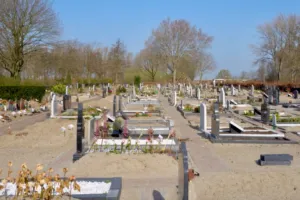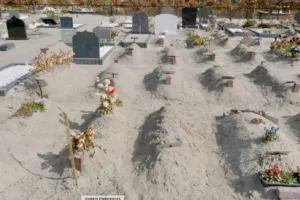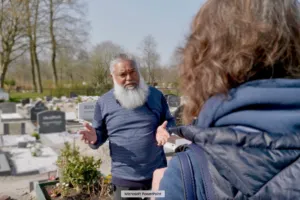Eternal grave rest
Why was this Islamic cemetery established in the first place? Why is eternal grave rest so important? And what happens to Muslims buried before this cemetery existed, who could not have eternal grave rest? The caretaker explains, with a special focus on Surinamese Muslims who prefer to be buried in the Netherlands.



